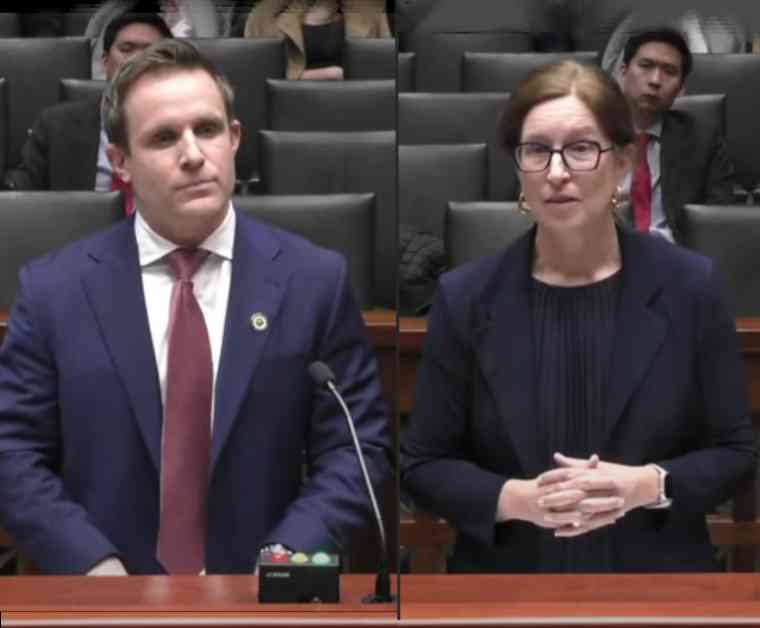AG’s Legal Battle with Religious Group Over Migrant Rights
In a heated legal showdown, the Texas Supreme Court witnessed a clash of perspectives as Ryan Baasch, representing the state, and Amy Warr, advocating for Annunciation House, debated the fate of a Catholic charity accused of harboring undocumented immigrants. The courtroom pulsated with tension as the two legal minds presented their arguments on January 13, 2025, at 7:05 PM, seeking to sway the eight justices presiding over the case.
Controversy Unfolds
At the heart of the matter lies Texas Attorney General Ken Paxton’s aggressive push to strip the Catholic charity of its nonprofit status, effectively shutting down its operations. Paxton alleges that the organization violated the law by sheltering undocumented immigrants. However, the charity, backed by the Catholic church and the First Liberty Institute, vehemently denies any wrongdoing. They argue that the state’s religious freedom law shields them from legal repercussions and that Paxton’s actions exceed the state’s legal jurisdiction.
Legal Implications
The crux of the debate revolves around the Texas Religious Freedom Restoration Act (RFRA) and the state’s quo warranto petition. While Baasch contends that the state has the authority to intervene and halt the charity’s activities, Warr and her allies argue that such actions would violate the tenets of religious freedom enshrined in the RFRA. The outcome of this legal battle could set a precedent for future cases involving the intersection of religious liberties and state intervention in charitable activities.
A Human Touch
As the legal drama unfolds in the hallowed halls of the Texas Supreme Court, it is crucial to remember that behind the legal jargon and complex arguments are real people whose lives hang in the balance. The undocumented immigrants seeking refuge at the center of this controversy are not just pawns in a legal game but individuals with hopes, fears, and dreams. Their fate, intertwined with the outcome of this case, underscores the profound impact that legal decisions can have on vulnerable communities. It is a stark reminder of the human cost of legal battles waged in the name of justice and righteousness.
In this crucible of conflicting ideologies and legal interpretations, we are confronted with fundamental questions about the limits of state authority, the scope of religious freedoms, and the moral obligations we owe to those in need. As the justices deliberate and the lawyers argue, let us not lose sight of the human faces behind the legal briefs and courtroom theatrics. The outcome of this case will not only shape the legal landscape but also determine the fate of those who seek solace and shelter in the face of adversity.























